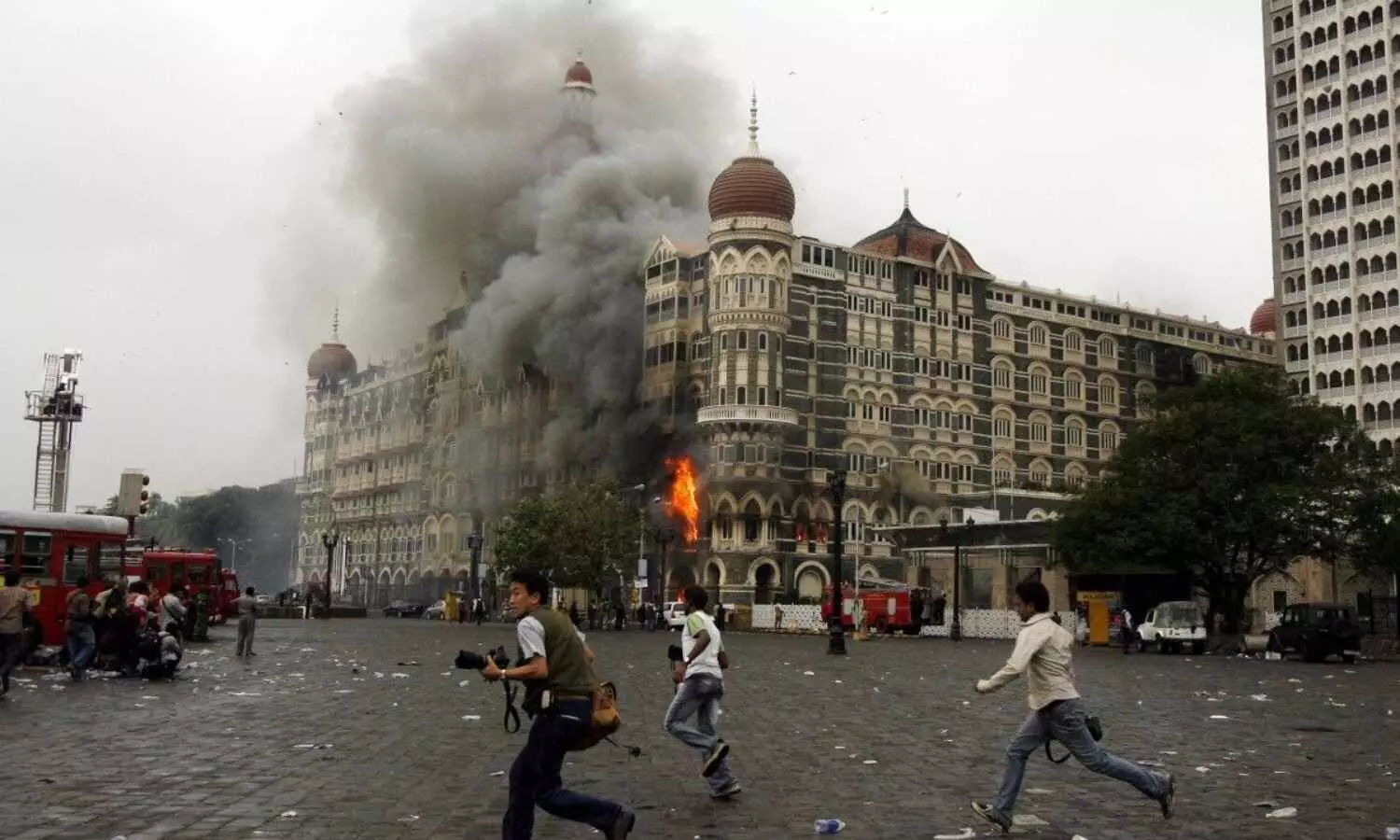26/11 Mumbai Terror Attacks: Four Critical Mistakes That Led To The Devastating Tragedy
As the country takes a moment to remember the victims of this terrible act, a re-examination of the events preceding the assaults exposes four crucial errors that contributed to the disaster.
Four Critical Mistakes That Led To The Devastating Tragedy

November 26, 2024, will mark the 16th anniversary of the horrendous 26/11 Mumbai terror strikes, which devastated the nation and left an unforgettable impression on the world. The coordinated strikes, carried out by a cell of Pakistani terrorists, including Ajmal Kasab, claimed the lives of over 160 innocent people and injured hundreds more.
As the nation pauses to remember the victims of this heinous act, a re-examination of the events leading up to the attacks reveals four critical mistakes that contributed to the tragedy.
Mistakes Led To The Tragedy
- The first mistake was to ignore advanced intelligence alerts indicating that Mumbai could be targeted. The first alert in August 2006 revealed that the Lashkar-e-Taiba (LeT) was planning a sea-borne unit to strike Mumbai. In fact, the state has also seen a series of occurrences since October 2008, indicating the prospect of "fedayeen" attacks on a variety of targets, including luxury hotels in Mumbai.
- The second mistake was the failure of the Maharashtra Home Department, which had the statutory responsibility of "superintendence" of the police under Section 4 of the Bombay Police Act, who failed to convene a high-level meeting with the Coast Guard and Navy to organise effective coastal patrolling. This was particularly important given that the arms and ammunition used in the 1993 Bombay bombing, which killed nearly 257 people, had arrived by sea.
- The third failure resulted from a practice in the Maharashtra Secretariat known as the "Desk Officer System," which was implemented in the 1970s with the good purpose of reducing "red tape." This arrangement eventually led to a routinised practice in which signals from central agencies were handled only at lower levels.
- The fourth mistake was to ignore what the local police refer to as "Open-Source Intelligence" (OSI). Experience has proven that secret intelligence, which may not provide all the characteristics of a potential future incident, must be studied in order to assess local conditions by juxtaposing it with OSI available in print and visual media, not to mention "social media."
Therefore, as the nation remembers the victims of the 26/11 attacks, it is essential to learn from the mistakes of the past and continue to work towards creating a safer and more secure India.

